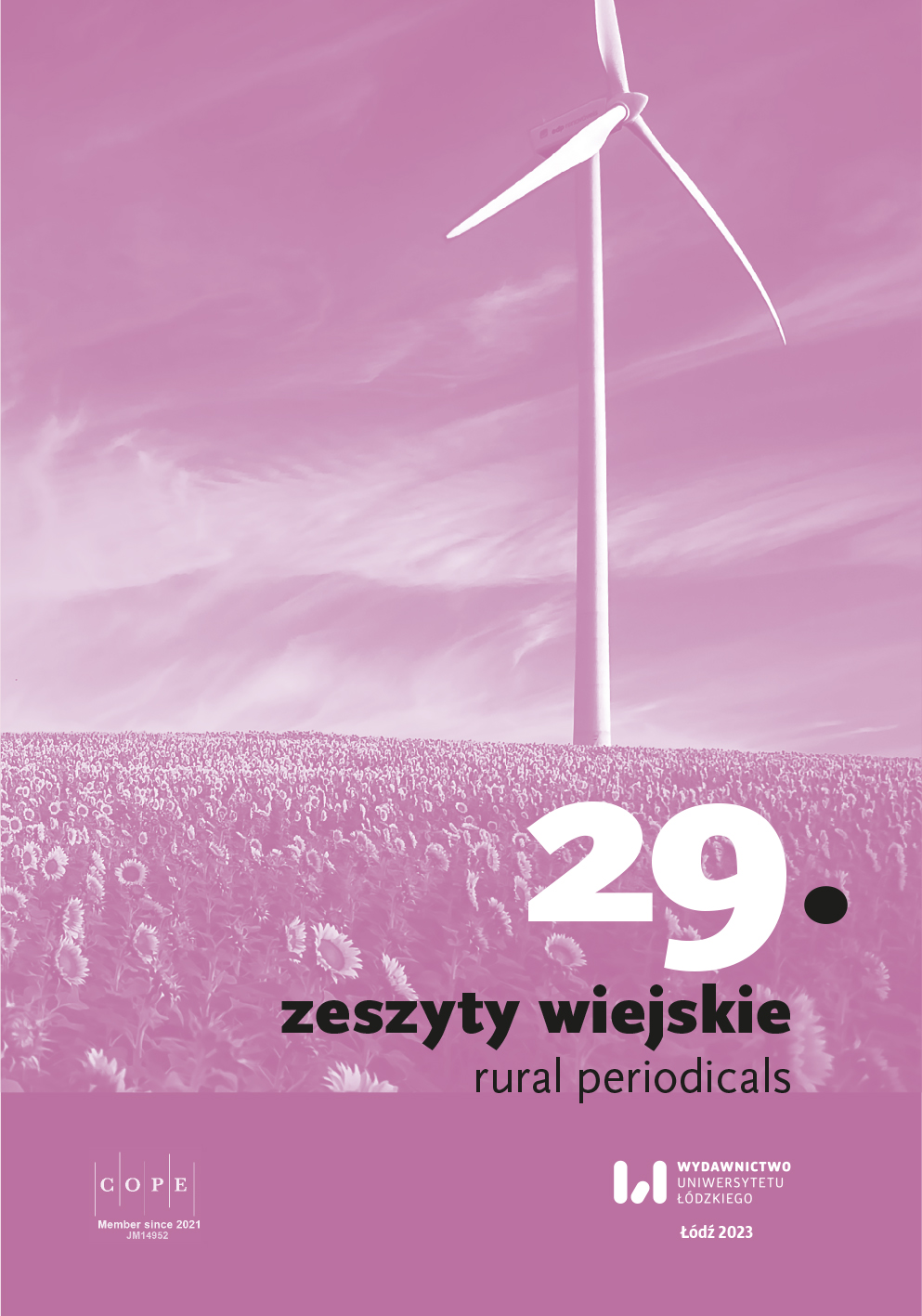Буколічний жанр в європейських літературах: витоки, динаміка й спрямованість історичного розвитку
The bucolic genre in European literature: genesis, dynamics and direction of historical development
Author(s): Semen AbramowyczSubject(s): Literary Texts, Studies of Literature, Novel
Published by: Wydawnictwo Uniwersytetu Łódzkiego
Keywords: bucolic genre; idyll; pastoral; novel; irony; psychologism; diachrony
Summary/Abstract: The author of the article shows that the bucolic genre is already perceived as something marginal, and literary studies focus mainly on local descriptions, the contrast between the village and the city, inscribing its own understanding in the concept of genre, and so on. At the same time, bucolic is captured not in synchronic episodes of one or another synchronic, but in historical diachrony, mainly in the perspective of the change of types of literature on the border between antiquity and Christianity, when the life-affirming ideals of classical bucolic were subjected to religious and philosophical reflection, which led to transformations, starting with the revival of the chamber lyric form into a socially and psychologically saturated novel and drama in the Renaissance era. The author of the article relies on the methodology of ritual-mythological literary studies, as bucolic literature echoes ancient rituals of renewing life and overcoming death. The re-searcher follows Jonathan Z. Smith’s view, according to which for hunters and gatherers the most important form of ritual activity is initiation, and for farmers – sacrifice. This idea buttresses the author’s detailed comparison of ancient bucolicism, which from the beginning was characterized by a certain “urban” irony, not only from the general spiritualistic concept of the Bible, but also specifically with the pastoral motifs in the Song of Songs, showing how similar filiations of ideas influenced the complication and deepening of the genre as a whole. It traces how the ancient glorification of the carefree life of the peasant is complicated by the Christian sense of memento mori. In the Age of Enlightenment, the philosophical saturation of the bucolic is greatly increased: nature becomes a desirable living environment and a source of inspiration, even a criterion of truth. It is also noted that the bucolic novel, like any novel under the rule of classicism, was declared “outlawed” – as a genre, by its folkloric genesis, which did not prevent it from reaching heights in the discourse of sentimentalism as a representation of the inner world of feelings. Thus, the article represents a generalized panoramic picture of the existence of the genre in its diachronic movement. It is shown in detail how idyllic-pastoral motifs not only condensed the spirit of rituals born in pagan antiquity that perpetuated the eternal struggle of Life and Death, but also entered into a dialogue with biblical values that marked the development and continuous expansion of the boundaries of the bucolic genre.
Journal: Zeszyty Wiejskie
- Issue Year: 2023
- Issue No: 29
- Page Range: 65-92
- Page Count: 28
- Language: Ukrainian

